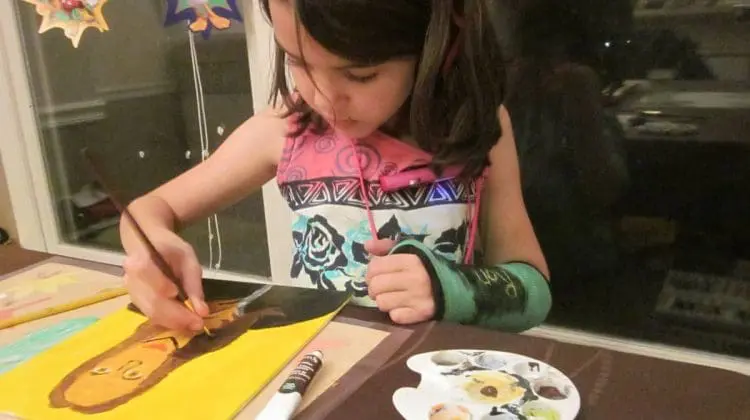Life is packed full of things to do and sometimes you just need a little help because if you do all the cleaning for your kids, not only will you burn yourself out, they won’t learn responsibility. So this article is all about getting your kids to pitch in and help pick up after themselves. […]
Parenting
Effective parenting tips for toddlers to teens. Information to help you develop good parenting skills. Best parenting tips from a variety of experts on topics such as single parenting tips, attachment parenting, parenting styles, and discipline.
Raising Kids With The Entrepreneurial Spirit
We are all hopeful that our children will grow to be confident, motivated and resilient adults, but how do we best set them up for success early in life? Raising our kids with the entrepreneurial spirit can help give them the can-do growth mindset, analytical skills, and leadership abilities that allow them to thrive in […]
How To Teach Communication Skills For Kids
Whatever your children want to do in life, good communication skills can help them be mores successful! Be it as large scale as pursuing a certain career, or something smaller like explaining a need for assistance, they will need to express themselves in an appropriate and effective manner. In this article, we will discuss the basic […]
Basic Etiquette For Table Manners
When I was growing up, eating dinner was a very different affair to how it is today. No elbows on the table, a napkin on the lap, and excusing myself every time I needed to leave the table were all required table manners etiquette. A lot has changed since then. These days, modern table manners […]
How Behavior Support Strategies Transform Family Dynamics
Family life isn’t always smooth sailing. Some days feel like a whirlwind of frustration, miscommunication, and emotional overload, especially when challenging behaviors start to feel like battles. And it’s not just you. In 2023, nearly one in three parents rated their daily stress at the highest levels, compared to only 20% of adults without children. […]
Summer Camp Packing List [Printable Checklist]
Summer is almost here and for us there are just two short weeks until school is out. Some of my favorite memories of my summers as a youth were being a camp counselor for an overnight camp in our community. Now my children and nieces and nephews make fond memories at that same summer camp! When […]
Summer Schedule For Kids [Free Printable]
The warm days of summer certainly encourage us to relax with family and friends and that should be what summer is all about! While you and the kids transition to a less structure filled days, it can still be helpful have a daily schedule so everyone knows what to expect. Whether you are keeping track […]







